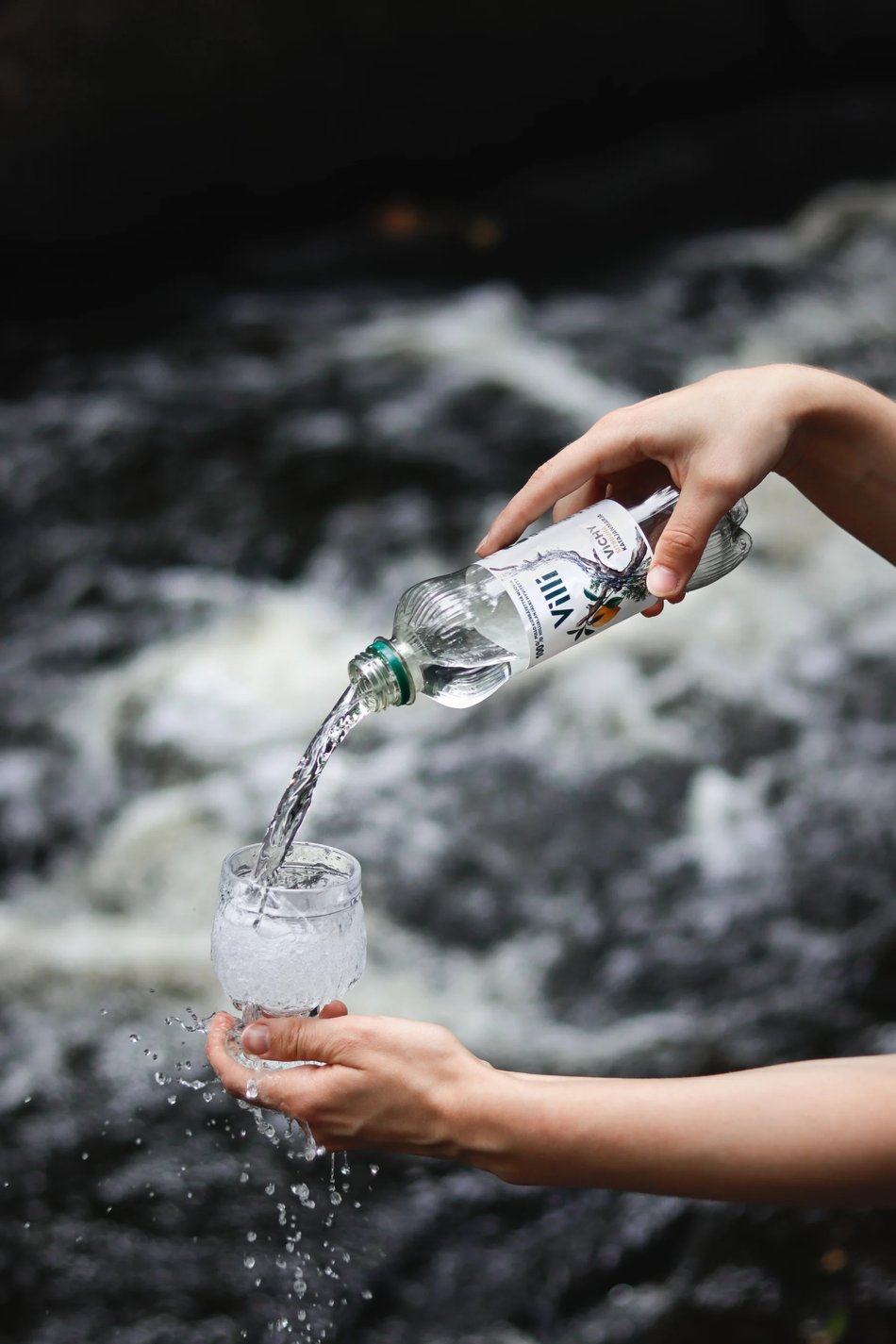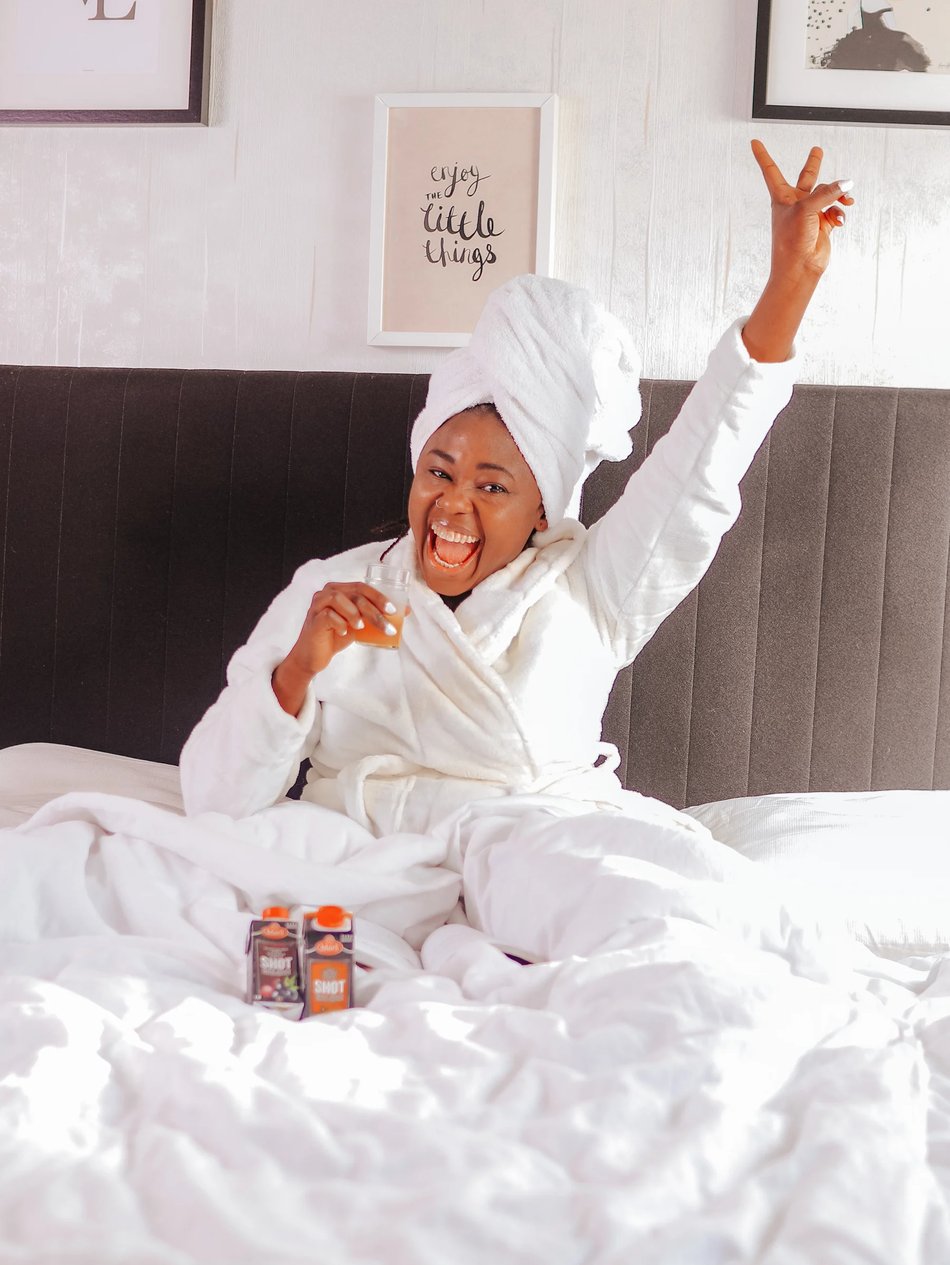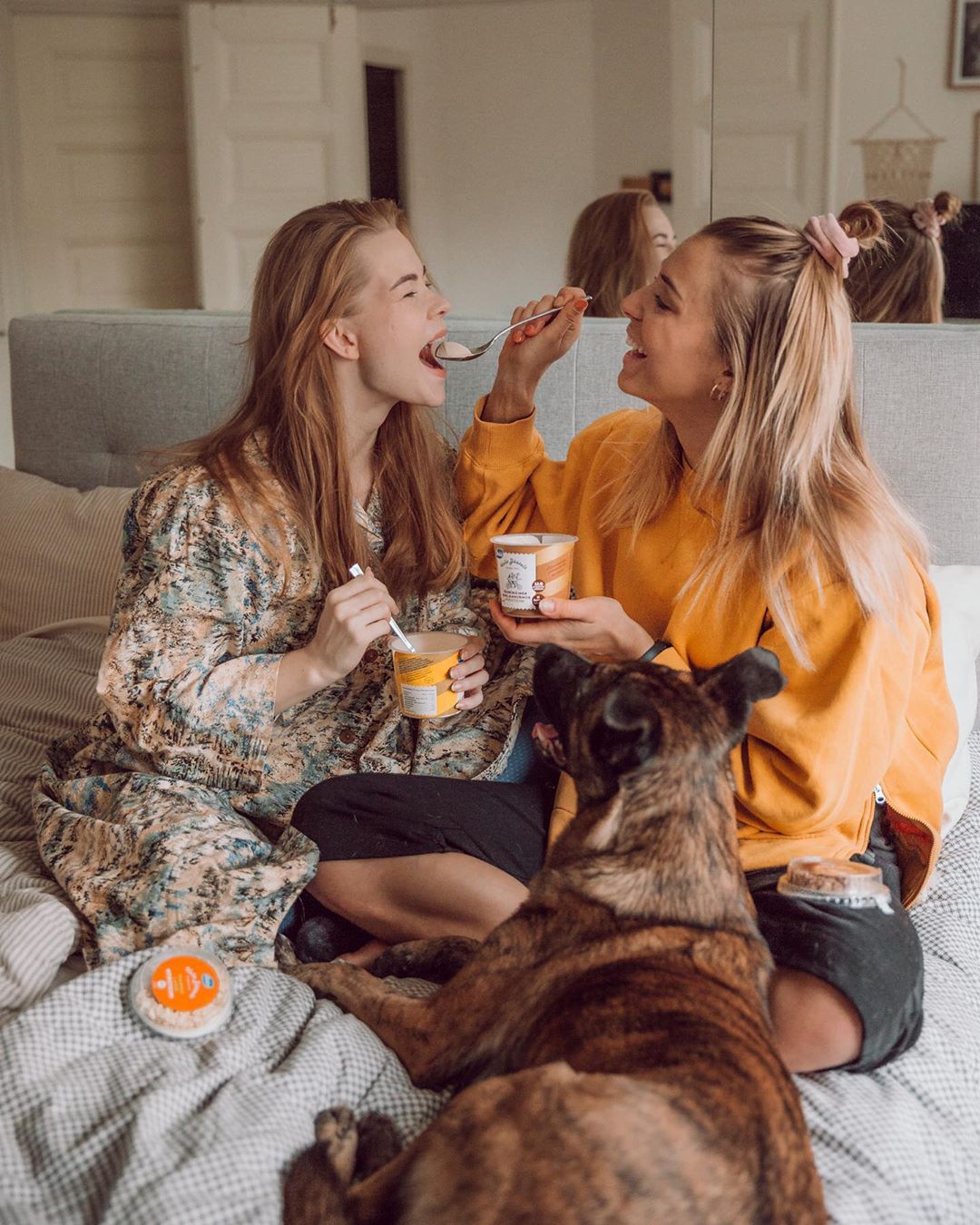What’s the key to an amazing influencer campaign?
You might think it’s choosing the right influencers, or optimizing your budget spend, or making sure you help them produce content that really resonates with your target audience.
Well, you’re right! And those all have one thing in common - a great brief that explains the essential elements in concise, succinct detail.
Spending time crafting an amazing brief for your influencer marketing campaigns is absolutely essential. Before you even think of reaching out to influencers, you need to have a crystal clear idea of:
-
Why you are doing this campaign,
-
What you hope to achieve, and
-
How you plan to do it.
However, getting the vision in your head onto paper can be a challenge. So, we’re here to help you.
In this post we’ll cover the essential information you need to create a powerful and compelling influencer brief, and that information is:
-
What is the campaign about
-
What are the campaign objectives
-
The content style you desire and the distribution channels
-
Dos and Don’ts of the product and brand
-
Production timeline
-
Call to action
Best of all, you can download this information in a free template to help you get started.
Let’s jump right in!
If you need a template for creating branded content briefs too, we have you covered. Check our blog post and get your free template today.

With a great brief, influencers can create amazing content that wows their followers and achieves your objectives. Photo by Marianne Saarinen
How to create the best influencer marketing campaign brief
Influencer marketing is one of the most powerful ways to promote your product, increase sales, and build goodwill with your target audience.
After all, influencers are trusted and popular within their niche, and even though they must mark their collaboration with you as an ad, it’s still far more trustworthy than many other forms of advertising. So it’s well worth the investment.
However, if you’re just getting started with influencer marketing, you may be worried about many different aspects, including the cost to get started.
Well, different influencers have different rates, but by using a campaign planning tool, you can get the best estimate for your budget and desired results.
There’s a free campaign planner tool here you can use here to get started.
Once you’re comfortable with your budget, you’re ready to create a brief! Let’s start with the basics - what your campaign is all about.
1. What is your campaign about
Now this is quite simple but important - what is your campaign about? Why do you want to host this influencer marketing campaign?
Influencer campaigns can assist your organization with a plethora of goals. However, the most common goals for influencer marketing are:
-
Increase brand awareness
-
Boost engagement
-
Reach new audiences
-
Generate authentic branded content
-
Improve brand reputation
Having an idea of these goals before starting anything will help you focus your brief and find the best influencers possible.
Once you've decided what you want to achieve, make sure to describe your brand and product. What does your product do? Who is it meant for? Why does it differ from your competition? This information is essential for influencers.
And, naturally, make sure you create a hashtag to track your campaign results and provide the handles for any relevant social media profiles.
Once you've got your goals and reason for campaign down, we can jump into the objectives you hope to achieve.
2. What are your campaign objectives
After you describe what your campaign is about, it’s time to jot down how you plan to measure success.
As we mentioned, there are many different types of goals you can have for influencer campaigns. Once you've set your goals, now it's time to set your objectives for the campaign.
How do these differ from your goals? Well, if your goal is to increase sales, then your objective should be focused on how much you want to boost sales, or in which target market do you want to sell more.
These objectives will also dictate the types of influencers who would best suit your campaign. For example, if your objective is to boost brand awareness within a certain demographic, then working with influencers who are popular with that demographic, and who have a large follower base, would be best. If you are looking for increased sales, then you should make sure your influencers have high engagement rates with their followers.
So make sure you jot down what your objectives are, and the key metrics you’ll measure to determine success. Otherwise, you risk working with the wrong influencers and not achieving your goals.

Whether you want your content in stunning environments like this, or with a cozy indoor vibe, make sure you specify in your brief. Photo by Sami Tuunanen
3. Your desired content style and distribution channels
No matter if you have the content already imagined in your head, or if you only have a vague idea of what you want, writing any information in the brief will be immensely helpful.
Take a look at your current Instagram or TikTok feed. Are you satisfied with it? If so, what are the key elements that make it yours? And if not, what would you do differently? That’s valuable information to document for influencers.
You can be as brief or as detailed as you like, but it’s good to answer these basic questions:
-
What environment do you want the influencer to be in - outside, inside, morning, afternoon, evening?
-
Should the influencer have other models in the content? If so, should they have certain tones or clothing on?
-
What sort of mood do you want to convey? Is it exciting, playful, serious?
All this information will help the influencer really understand exactly what you are looking for, and whether or not it matches their own personal brand and follower expectations.
The type of content you want also dictates which influencers you should work with. For example, if you’re looking for static content for your Instagram page, then TikTok influencers are probably out of scope. However, you don’t have to limit yourself to one channel when working with influencers - you can work with both TikTok and Instagram influencers to create short, punchy video content, for example.
And if you want to purchase the content afterwards and reshare it, you should make sure the technical specifications are right. Instagram reels and TikTok videos follow basically the same aspect ratio, but using those videos on other social media platforms may cause some formatting issues, so make sure you find the right format for your usage.
4. Brand dos and don’ts
Once you’ve determined what sort of images you want, now you need to explain what your brand is and isn’t all about.
Having brand unity is essential for any marketing campaign. If you use an influencer marketing platform, you won’t have to worry much about brand safety, as no posts will go live without your approval. But the clearer instructions you give to influencers, the less time both of you spend in reviewing and editing content.
So, be direct with what influencers should and shouldn’t do with your brand. For example:
-
Can competitor products or even other brands be in the content?
-
What are your brand tones?
-
How should the models appear?
While the influencers are creating the content, it's your product and your brand, and you deserve to have it align with your existing brand values and image. So avoid any brand snafus and put all of these dos and don'ts down, no matter how small. Your influencers and your campaign will thank you.

With a successful brief, a great campaign is all but guaranteed! Image by Olivia Kumpula.
5. Production timeline
We’re nearly there. Now it’s time to set the timeline for your influencer campaign. Remember that good things come to those who wait - having ample time to both negotiate with influencers, and let them produce their best work, will pay off. You’ll spend less time worrying about how the content looks, and more time reaping the rewards of your partnership!
With an influencer marketing platform, you can always set the campaign application period and the posting schedule. The application period is when influencers can apply to your campaign, suggest pricing and start negotiations. We recommend having at least 2-3 weeks to get the best possible influencers to your campaign and ensure they are fully briefed.
Once influencers are accepted, then you can organize posting dates with them during the posting schedule. Many influencer marketing platforms allow you to coordinate posting dates with all the influencers in your campaign so your content has the maximum impact.
If you aren’t using an influencer marketing platform, make sure you leave enough time to manage the influencer content and posting dates. The time can add up quickly, especially if there are changes to be made to the content.
Another factor to take into consideration is how influencers will get the products needed for the collaboration. If they are commonly available at the store, then asking them to pick them up themselves is fine. But if your products are unreleased or you want to ship them to the influencers, you’ll need to get their shipping information and allow time for delivery.
6. Call to action
Almost there! Now for the final piece - what should happen next?
After your target market sees the content and gets interested, there needs to be an encouraging next step.
Even for brand awareness campaigns, having a call to action is essential. It can be as simple as visiting your website, or providing them with a discount code for their next purchase.
A good call to action is key for effective engagement rates, so don't forget it.
Better briefs = better results
A great brief is the start of a great campaign, so time spent making it perfect is never time wasted.
We have a free template here for you to use when creating your next influencer campaign, whether or not you use an influencer marketing platform or not.
However, creating a campaign in an influencer marketing platform is ridiculously easy. We have a short video walkthrough that covers all of the steps, and gets your campaign live in no time at all. Take a look!





.jpg?)
.jpeg?)